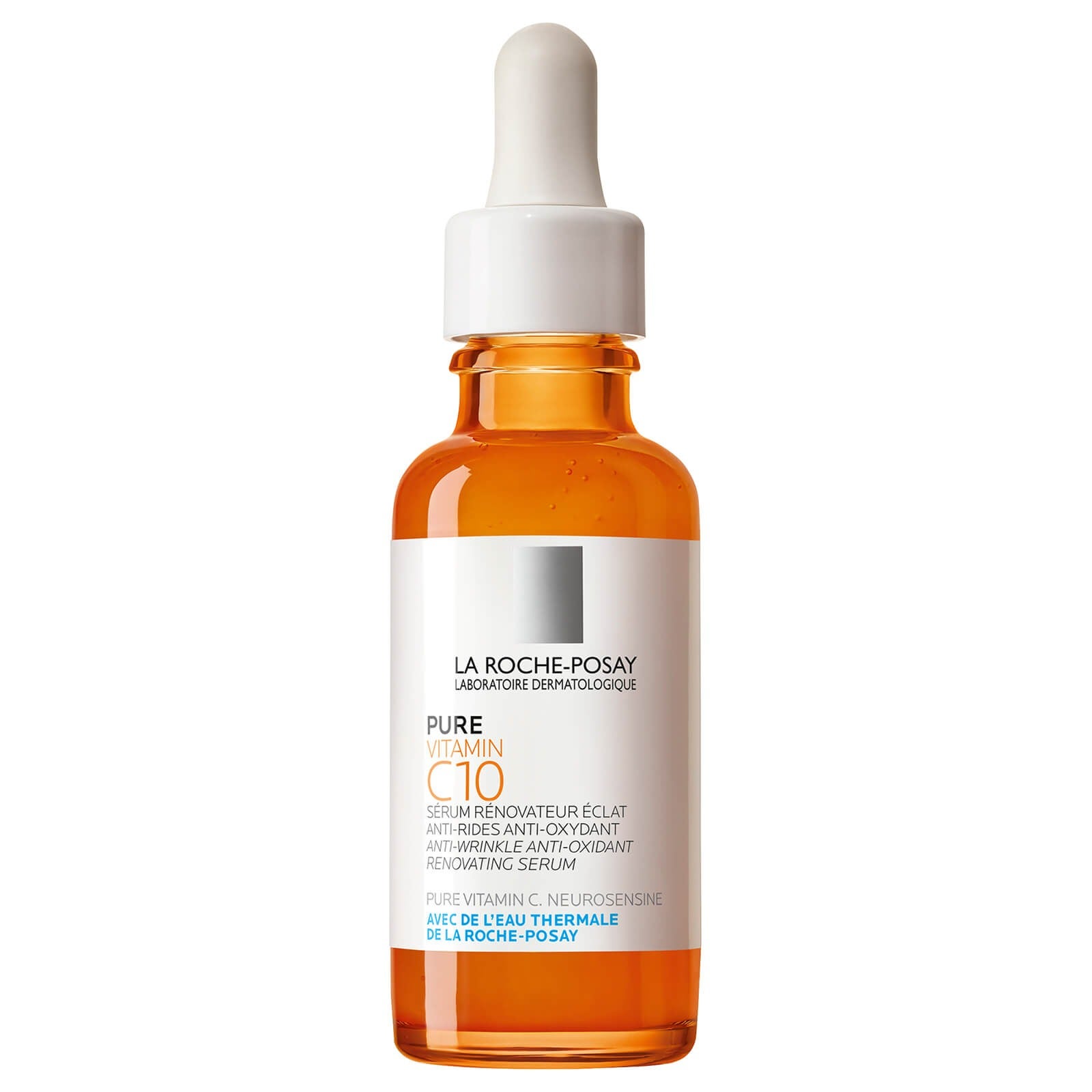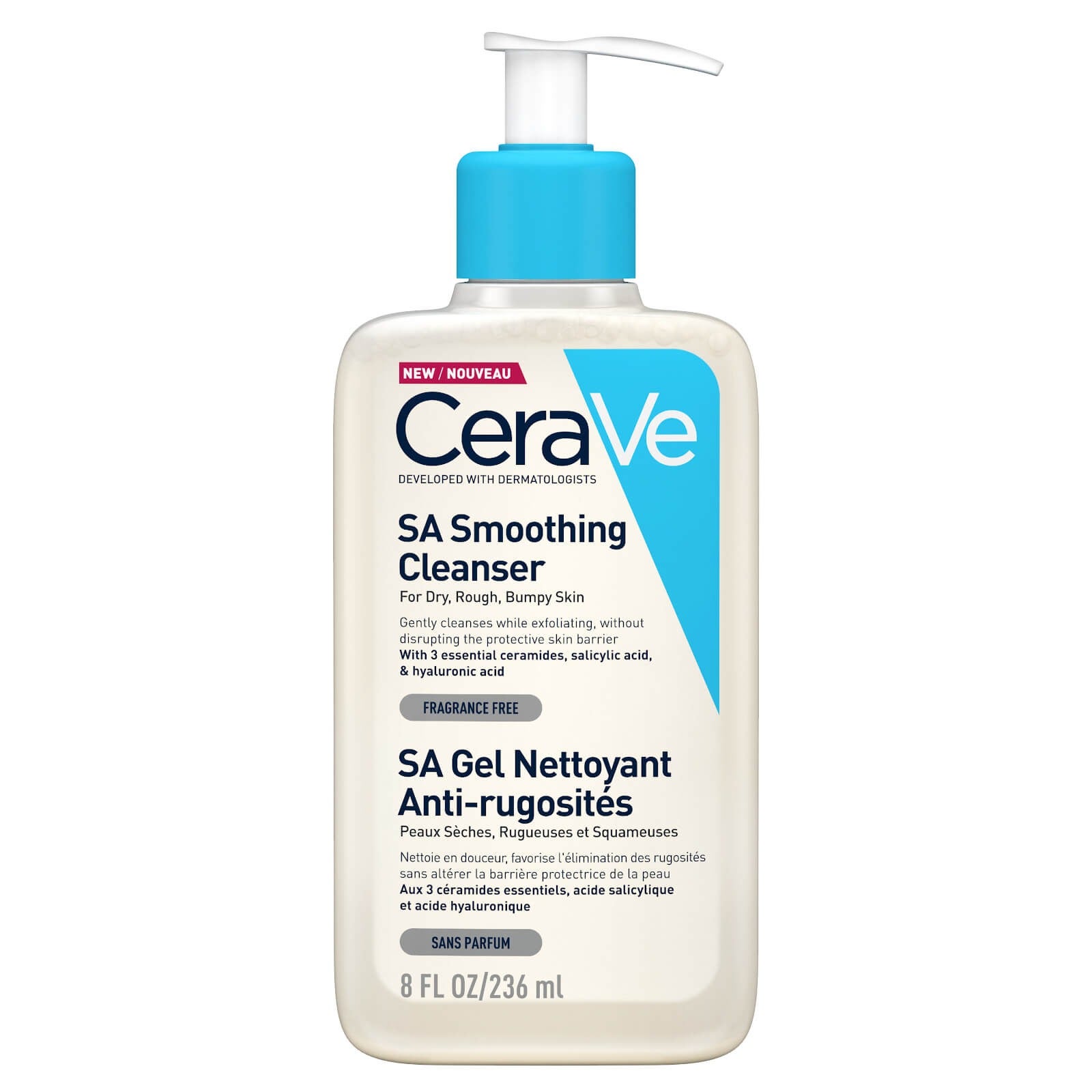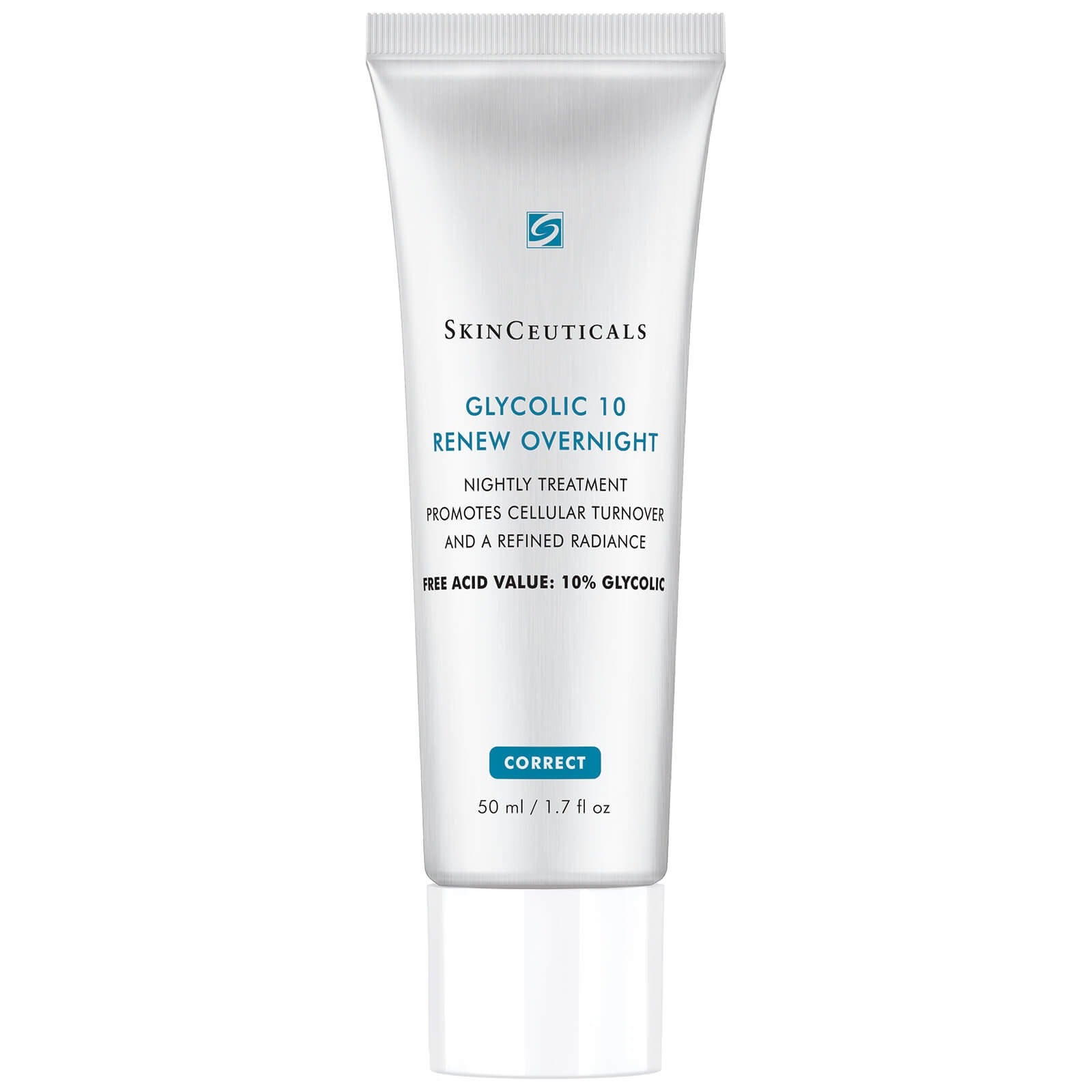Yes, Your Pores Do Change Size As You Age. Here’s What You Need To Know
Illustrated by Olivia Santner
Dear Daniela,
I’m well through puberty but I feel like my pores are getting bigger or maybe just more visible with age. Is this something that can happen? I always think of large pores as more of an oily or acne-type concern, which I thought would be more linked to adolescence. Does your pore size change with age? Or am I imagining it?
Laura, 31
Laura, 31
For all the awkwardness of adolescence – the braces, the breakouts, the sporadic (and selective) growth spurts, the perennial embarrassment that you feel in your bones – the saving grace is that it’s all temporary. So when you’re cruising through your 20s and 30s and beyond, having to deal with pubescent problems is especially grating. Shouldn’t this all be behind us now?
AdvertisementADVERTISEMENT
Pores are tricky enough during your teenage years and if you have large ones, I understand that a lot of the advice to simply blot and powder must be infuriating – the same way being told by someone with Cara Delevingne-esque brows to use a gel to "bulk up the hairs" when you have basically no eyebrows in the first place makes your blood boil. I asked consultant dermatologist Dr Justine Hextall to explain exactly how pores shape-shift over time, and what in particular to look for. After all, children never have visible pores, so is it just puberty that makes them pop up? "Your pore size is largely determined by genetics, but pores don’t usually become visible until adolescence, as it’s often hormones that drive the skin to produce more oil and in turn, clog the pores," confirmed Dr Hextall. "Dead skin and oil build-up can make the pores far more apparent by stretching them somewhat."
As we get older, the skin loses elasticity (also referred to as tensile strength), which could make pores appear larger. "As collagen breaks down, we lose the scaffolding of the skin. This also increases the laxity of the skin, which could sort of ‘drag open’ the pores, so to speak," said Dr Hextall. On the flip side, your pores might appear to get smaller as you get older, as generally speaking we all get less oily with age. In your early 30s, skin laxity is very unlikely to be the issue, so your bothersome pores are much more likely a result of hormonal imbalances and some tweaks may be needed to your routine.
AdvertisementADVERTISEMENT
So, on to treating them. Dr Hextall said that it’s not necessarily about seeking out products that say they’re specifically for managing pores, as pore size and appearance is a byproduct of your skin’s general health, not an issue unto itself. "You can actually 'shrink' your pores somewhat and minimise their appearance with the right skincare. You do have your natural genetic pore size and of course, oil levels might fluctuate hormonally, but if you focus on exfoliating and gentle peels, you can remove some of what’s clogging the pores and make the skin smoother," explained Dr Hextall.
"The overall health of your skin determines how visible your pores will be," she added. "If your skin is really healthy and hydrated and well exfoliated, it will reflect light better, which helps minimise the appearance of pores." However, that doesn’t mean you should start throwing every kind of peel and acid at your skin and hoping for the best. "I see lots of patients with oily skin who are using really harsh foaming cleansers, and then lots of peels and toners, and what they end up with is a counterintuitive effect where their skin actually produces more oil than it might do otherwise, simply because they’re stripping the skin so much," she explained.
Routine-wise, Dr Hextall said to start with the right cleanser. "A gentle cleanser, like CeraVe SA Cleanser is great. It has salicylic acid that helps remove grease from the skin without damaging the skin barrier." Dr Hextall also suggested a weekly peel with something like the SkinCeuticals Glycolic 10 Renew Overnight, which I also highly rate. "Moreover, you need to use antioxidants to protect the skin from UV damage and pollution. You need to safeguard the skin health in order to have healthy, bright skin," she urged. While antioxidant protection might not seem related to pore size, Dr Hextall repeatedly reminded me that overall skin health is key to minimising the appearance of pores. "A gentle vitamin C like La Roche-Posay Vitamin C10 and a really high factor daily SPF are crucial here." Dr Hextall also said that retinoids could help make a difference but to consider them something of an exfoliant and be careful not to layer extra peels on top.
AdvertisementADVERTISEMENT
Illustrated by Olivia Santner
Dehydrated, dull skin is certainly not going to reflect the light to give you that really juicy, glossy skin you’re after, so try and think about your pores holistically rather than zeroing in on them obsessively. Resist the lure of so-called blackhead strips, which rip out downy vellus hairs and strip the skin, and take the slow and steady route. I promise you it’s worth it.
Good luck!
Daniela
Good luck!
Daniela
Got a question for our resident beauty columnist Daniela Morosini? No problem, qualm or dilemma is too big, small or niche. Email deardaniela@refinery29.uk, including your name and age for a chance to have your question answered. All letters to ‘Dear Daniela’ become the property of Refinery29 and will be edited for length, clarity, and grammatical correctness.
AdvertisementADVERTISEMENT









